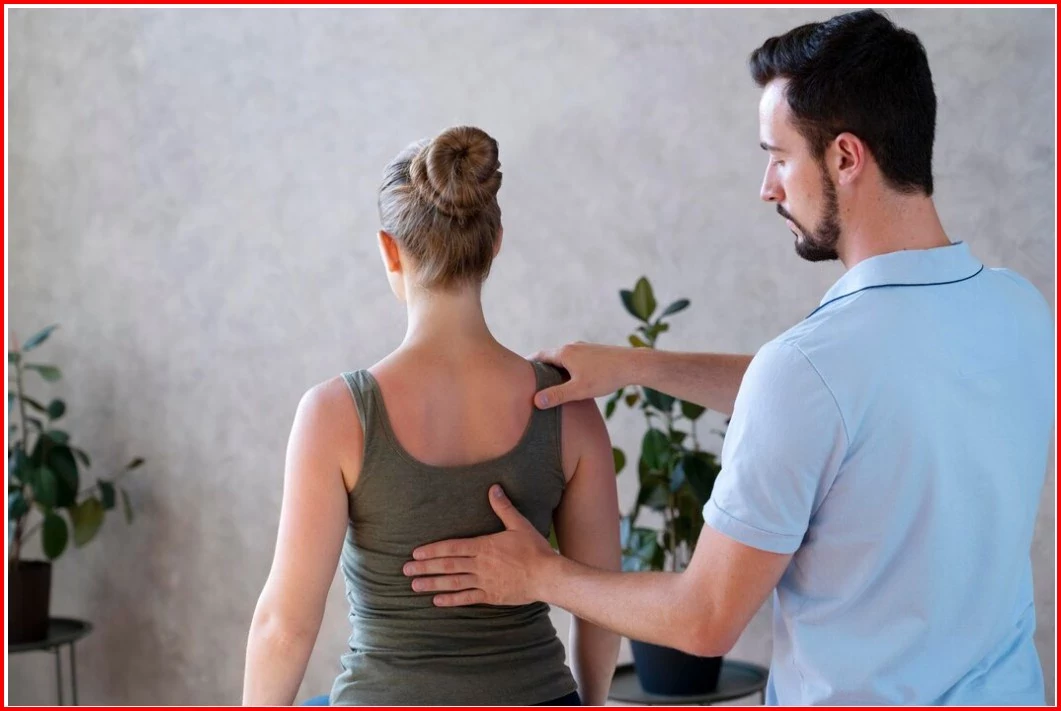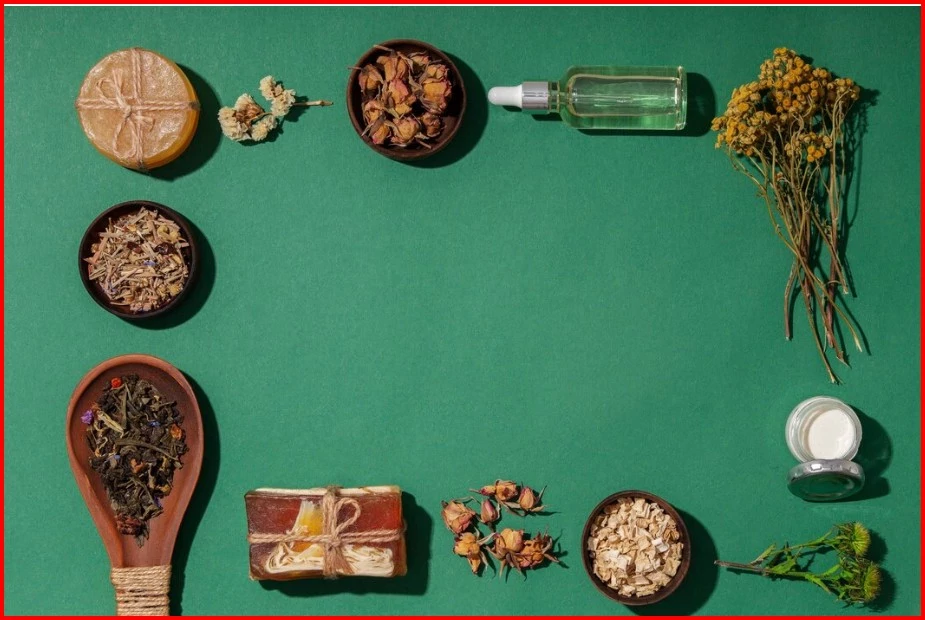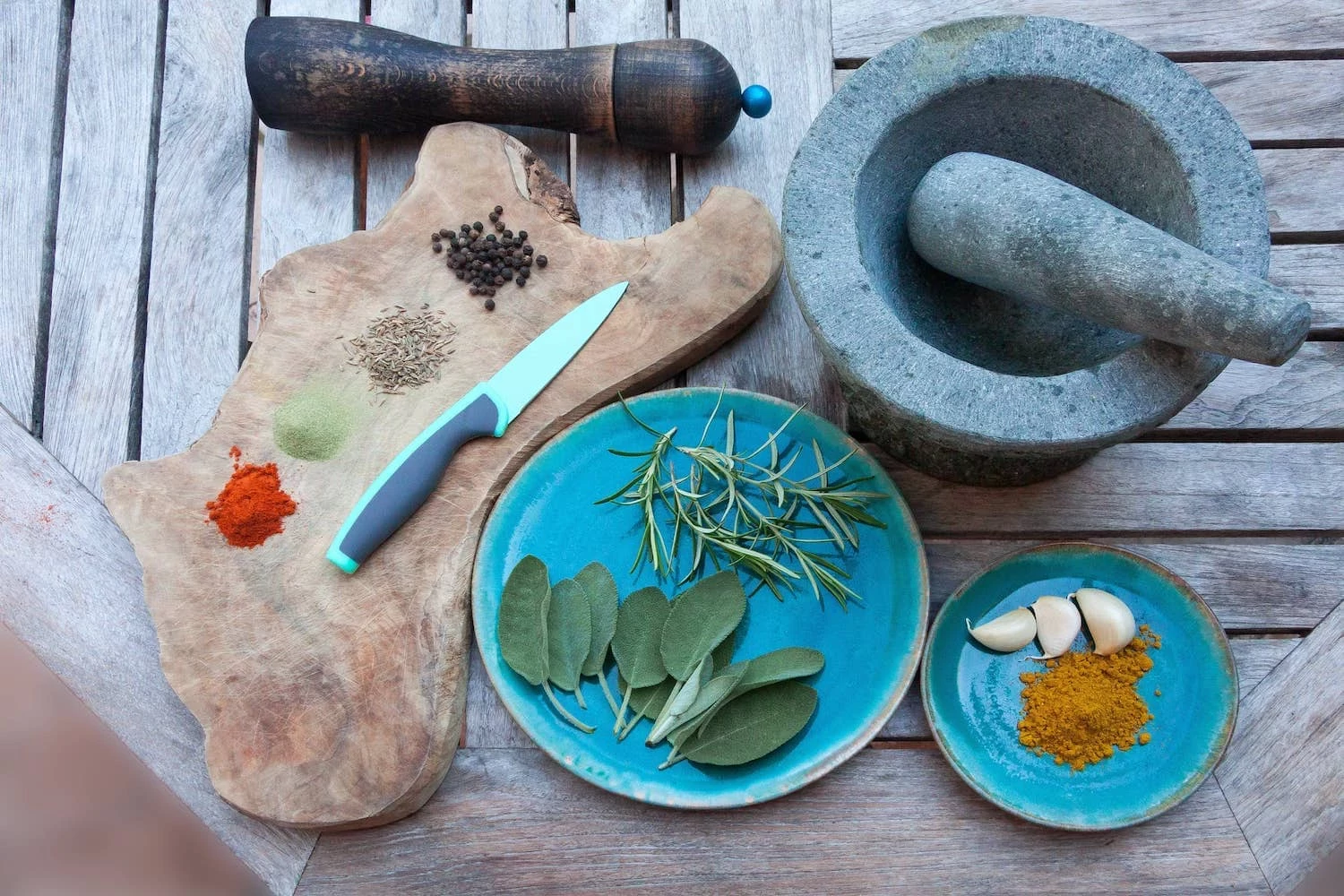
Back pain is something that almost everyone has. Although certain people think it's a simple ache that comes from having a busy lifestyle like working fullday on computer seating on a chair but it could be a sign of something more serious if left untreated for a long time. So read this article to learn more regarding Spinal Health - Ayurveda & Yoga!
According to Ayurveda, back discomfort is called Kateegraham as well as is thought to be a result of Vata Dosha getting out of balance.
When digestion isn't working right, poisons (ama) build-up. These poisons mix with Vata Dosha and accumulate in the body's small channels, causing back discomfort in the end.
People often get these two words mixed up and use them in the wrong way. There are three layers of membranes that cover the spinal cord. It runs within the vertebral column. Its primary function is to link the brain to the rest of the nervous system.
The vertebral column is the portion of bone that holds up the spine and supports the spinal cord. The name for the one piece is the spine. The names of the vertebrae come from where they are located: cervical, thoracic, spinal, sacrum, as well as coccyx.
Seven cervical vertebrae and
twelve thoracic vertebrae
5-lumbar vertebrae
5-sacrum (5 fused)-
4-coccyx
There used to be 33 vertebrae in the spinal column. After taking out the tailbone and coccyx, it drops to 24.
The thoracic area is below the neck area. It is known as T1–T12. In the chest area, it is.
The numbers below show the order in which they appear in this area of the neck. Seven vertebrae make up its backbone.
Four of the five bones in the lower back are located there. Attached to the pelvic area, it supports most of the body's mass.
Four coccygeal vertebrae combine to make the tailbone.
Five bones come together to make the triangle bone. You can find it in the pelvic area. It's called a triangle as it's linked in three places: the two joints of the hip and the lower back.
In general, the following signs show that your spine is wearing down:
Changes in the spine
Not much movement
Pain
Sharp or long-term
When moving or when not moving Nerve damage
Not Strong Enough
Loss of senses
Problems with the bladder and bowels
Problems with sex
People have been consuming this golden herb for a very long time. It is the best herb for lowering pain and swelling. Curcumin, which is the main ingredient in turmeric, can help reduce inflammation as well as pain because it is an anti-inflammatory and an antioxidant.
Ginger is a popular herb that you can find in an Indian home. Bioactive substances like zingerone as well as gingerol are in it. Some of the things they do are lessen pain and inflammation. Ginger is most beneficial for the part where there is pain. In addition to this, ginger can also help with pain while making you more flexible.
Ginger as well as galangal are both rhizomes, which means they come from the same family. An orange fruit with smooth, pale skin as well as hard, juicy meat. Unlike ginger, you can't grate it.
Its name signifies "hook plant." It can relieve pain and reduce inflammation. It's an organic painkiller that helps ease pain.
A substance in this plant that does something useful is capsaicinoid, which eases back pain. Putting the fluid on the wound will help a lot with the pain.
Because it is antispasmodic, the root can ease pain as well as muscle cramps. It also calms you down, which eases the pain and soreness.
You can utilize the blossoms as herbal sedatives to help you relax and soothe muscle strain.
As a painkiller, it eases back pain and lowers swelling.
If you just sip the tea, it might help ease the pain and calm both your body and your mind.
In this case, "degenerative" means that the spine slowly loses its usual shape and function. Slipped or herniated disc spinal stenosis, arthritis, arthritis, ankylosing spondylitis, and various other spine disorders can happen because of the additional stress and damage done to the spinal cord as well as nerve roots.
Falls and injuries by accident
Birth defects or inherited conditions (present from birth)
Getting red and swelling
Infections (with germs or viruses)
Wear and tear caused by aging
Being overweight or obese
Not doing it right
Not good posture
Doing hard things over and over again
The cat/cow pose massages your spine and makes you feel less stressed. In this pose, your back stays flexible and strong. On top of that, it makes your mind healthier.
For back pain as well as conditions like it, this is the most effective yoga pose. It speeds up the metabolism and makes the back, ankles, and thighs more flexible. It helps safeguard and fortify the bones and joints.
After holding this position for between five and seven deep breaths, go back to the starting position. Do it a further five times.
The sitting forward twists, or Paschimottanasana make your spine stretch, which eases lower back pain. It eases the signs of PMS, neck stiffness and pain, boosts digestion, wakes you up, and makes you feel less tired.
The triangle pose, or trikonasana, makes your legs, arms, chest, and spine stronger. It also improves body balance and extends the hamstrings as well as calves.
The locust poses, or Salabhasana stretch the spine, strengthen the limbs, and make the core more stable. It will make your chest bigger, help your digestion, and give your liver more energy. Do not do this if you have recently hurt your shoulder, limb, or back. You shouldn't be doing it if you are pregnant, just underwent surgery, are bleeding, or intend to become pregnant.
The skeletal system is what holds the body together and gives it structure. It's very important to know about Spinal Health - Ayurveda & Yoga. Also, know the best ayurvedic remedies for everyday Ailments. Along with helping with balance and movement, the spinal cord additionally aids with cognitive and sensory tasks.


